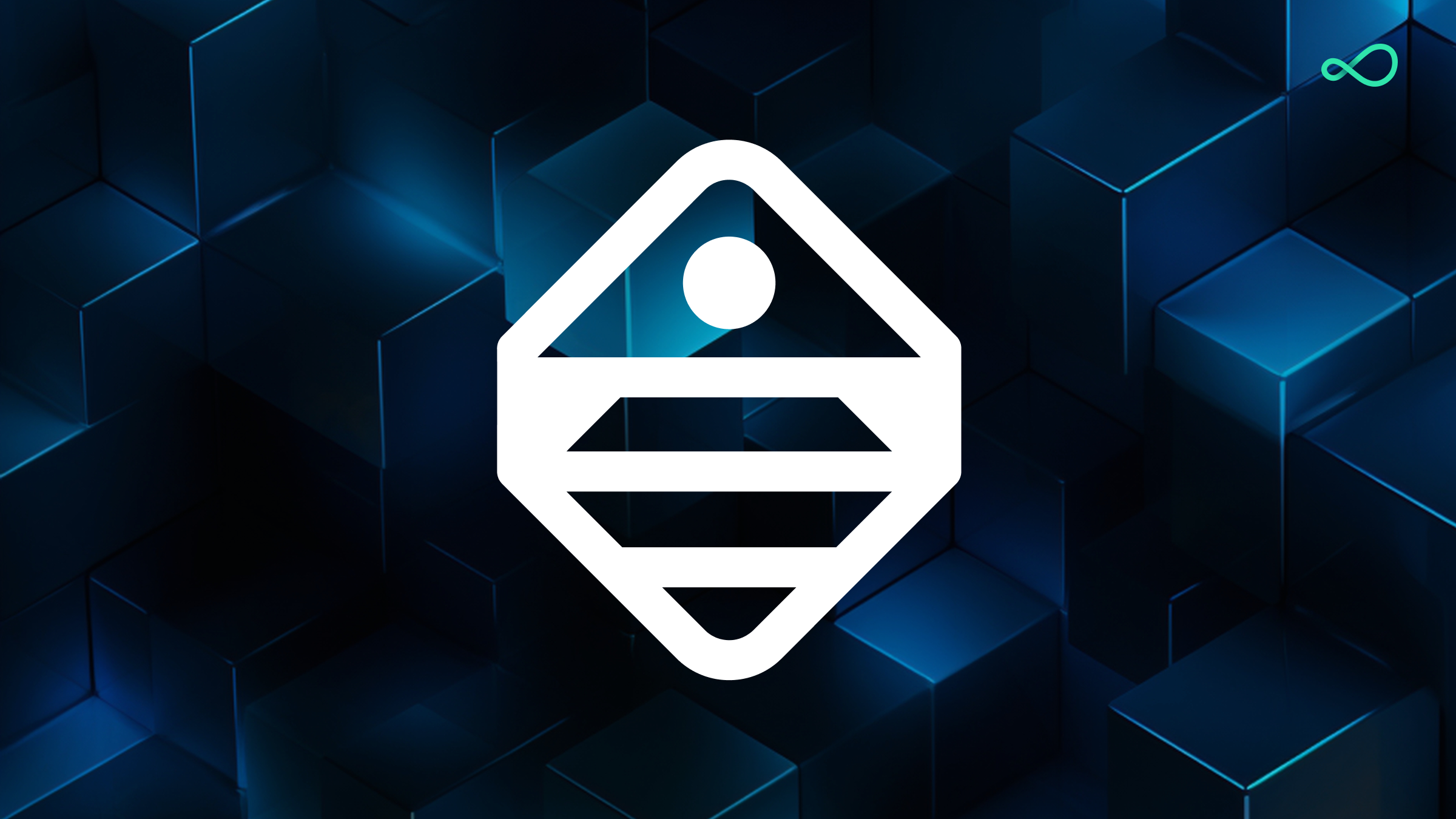Pier Two Supporting Distributed Validators in Lido’s Curated Module
The institutional staking provider Pier Two now supports Obol Distributed Validators in Lido’s Curated Module.

Pier Two becomes the latest major staking provider to harden its staking operations with Obol’s next-generation infrastructure.
We’re excited to announce that Pier Two, a Lido Curated Module operator, is expanding its infrastructure to support Obol Distributed Validators (DVs), beyond Simple DVT. Pier Two is an institutional staking provider founded in Australia in 2018, offering non-custodial staking for funds, custodians, and exchanges. As one of Lido’s Curated operators, they bring important geographic diversity to the protocol and have earned a reputation for reliable, dedicated infrastructure.
A History of Supporting Distributed Validators
Pier Two has been an early supporter of Distributed Validators with hands-on experience. Pier Two was an early participant in Lido’s Simple DVT module, running Obol-powered clusters on mainnet. Pier Two is also supporting initiatives such as ether.fi’s Multi Operator and Solo Operator staking. Across each initiative, Pier Two has signaled that it has high conviction in DVs making Ethereum more resilient and decentralized.
This track record makes today’s step a natural progression: by adopting Obol DVs within the Lido Curated Module, Pier Two is strengthening its operations and driving the protocol toward a more decentralized and secure future.
Why Pier Two Matters for Ethereum
Operating the dedicated Lido Curated Module infrastructure from Australia presents real challenges for staking. Latency to global relays is higher than in the US or EU, with limited compliant and viable MEV relay options available in the region. This once again highlights the importance of geographic diversity in Ethereum’s validator set.
Despite these hurdles, Pier Two continues to deliver exceptional performance and is helping to anchor Ethereum’s footprint in Oceania. Pier Two’s upgrade to DVs not only improves resilience within its own setup, but also invites more operators to deploy infrastructure in the region—broadening Ethereum’s base and reducing geographic concentration.
The Transition Within Lido
Lido recently expanded support for Distributed Validators in its Curated Module, allowing major operators to transition their legacy validators into distributed validators. Pier Two is among the first to make this move, upgrading their Curated Module validators with Obol DVs.
For Lido, this strengthens the protocol’s decentralization story: one of its most geographically isolated operators is proving that DVs can thrive even in latency-constrained environments. For the ecosystem, it signals that the adoption of Distributed Validators in the Curated Module is no longer a future vision—it’s happening now.
“Pier Two has been supporting DVT initiatives with Lido since testnet. Expanding outside of Simple DVT to Curated Module operated validators is the natural progression. Obol have been great to work with, and we are excited to continue that work long into the future. To benefit Lido and other clients adopting DVT. Decentralization is a journey rather than a destination, and Pier Two are well positioned to ensure clients can achieve the optimal outcomes based on their geographic requirements.” — Jake Denny, Pier Two Chief Commercial Officer
Looking Ahead
Pier Two’s upgrade underscores the momentum behind Distributed Validators within Lido and across the entire Ethereum staking ecosystem. DVs bring improved performance, higher rewards, and enhanced security—and their adoption is accelerating. With early Curated Module upgrades now underway, we expect many more operators to follow. Eventually, most staked ETH will live on Distributed Validators. The end game of Ethereum staking is coming—both Obol and Pier Two will be part of the story.